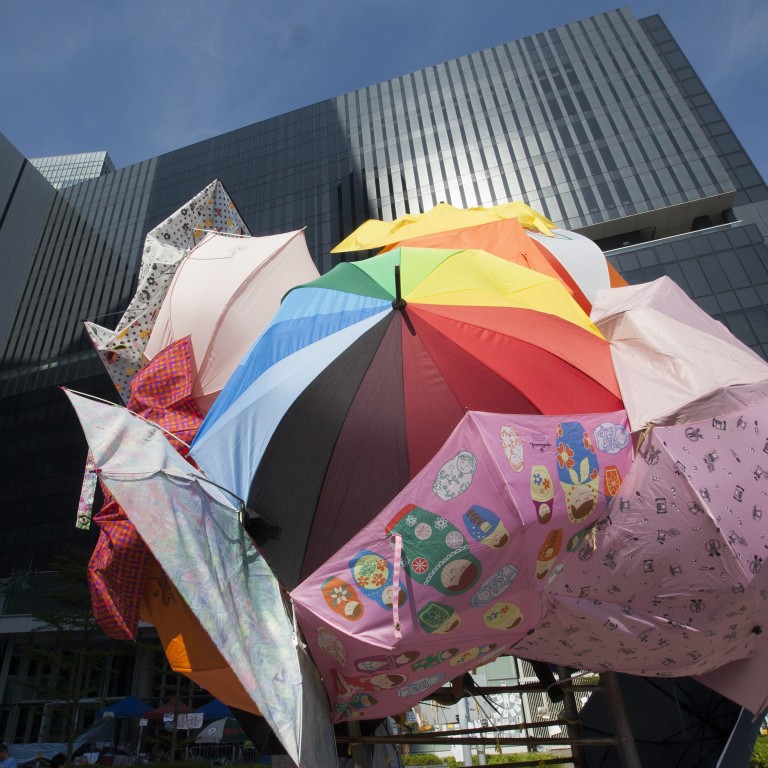
An outcry for freedom will be heard far and wide
Amy Wu says the Hong Kong protests again show how easily a people's movement in any one place captures attention in an interconnected world
For a long time, Americans haven't cared less about Hong Kong. It was nothing personal. It was just that there was very little from Hong Kong that directly affected or interested them. The city rarely made headlines, much less the front page (one notable exception was whistle-blower Edward Snowden's revelations last year). Besides, with media consolidation and cutbacks, world news sections have been shrinking fast.
All that changed at the end of last month. Seemingly overnight, Hong Kong was catapulted onto the international stage, as thousands of people - many of them students - began their protests for universal suffrage.
Over the past week, I have had more inquiries and comments about Hong Kong from friends and colleagues than I'd received in all of my years living in the US. Yes, the protests were amazing, but the reaction was also amazing. There was a tsunami of media reports and streams of information via social media platforms.
"Are your friends and family OK?" my American friends inquired, disturbed after seeing images of tear gas fired into crowds.
Not surprisingly, Americans are all about having an individual voice, and those images - especially the ones viewed as police brutality on students - may have triggered memories of the Los Angeles riots in 1992 or, more recently, those in Ferguson, Missouri. There is also the collective memory of the June 4 protests in 1989.
In Hong Kong's latest protest, Facebook played a critical role in the curiosity and then genuine concern of my friends here. A myriad of Facebook profile pictures switched to yellow ribbons, while video clips of protesters fighting through the heat and crowds captured by smartphones were posted instantaneously to YouTube. Former students of mine sent me photos and a barrage of on-the-scene reports through WhatsApp. Indeed, information flowed fluidly among my friends in Hong Kong and here in the US, thanks to the internet.
What effects did the protests actually have here in the US? They drove home to Americans, particularly young Americans, the message that universal suffrage could not be taken for granted. Since September 27, "umbrella movement" rallies have been held on more than 40 US college campuses across the country including, New York, San Francisco, Boston and Chicago.
"It is possible for protests to spread and build off of each other the way that they have because what motivates the demand for freedom is intrinsic and universal," wrote Marcus Brown, a student and staff writer for the University of Iowa's student newspaper, on October 1.
In the end, it's hard to know whether Hong Kong will simply be the media darling of the month, which so often happens in the information age - just think of Hurricane Katrina, the Japanese tsunami and Malaysian Airlines flight 370, to name but a few. Whether the attention, both online and off, will ultimately make a difference is also questionable. However, if nothing else, it has raised awareness and confirmed that social media remains a force to reckon with.

